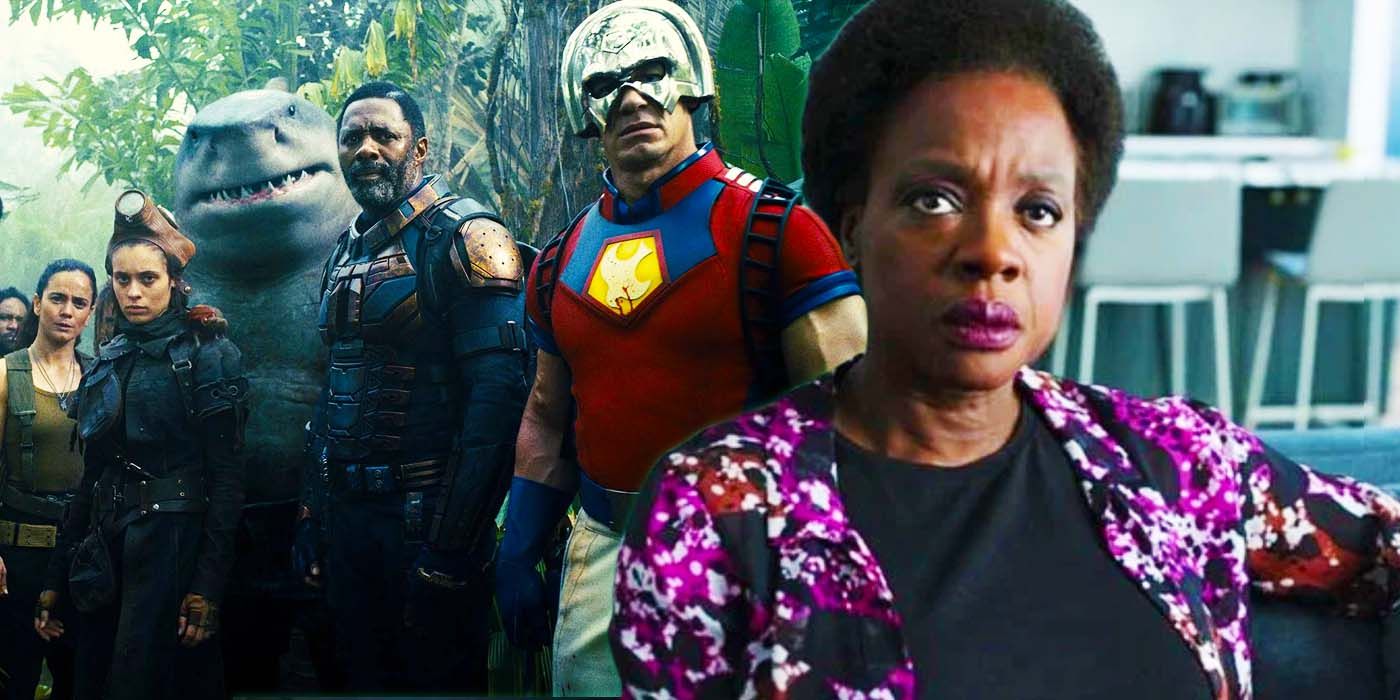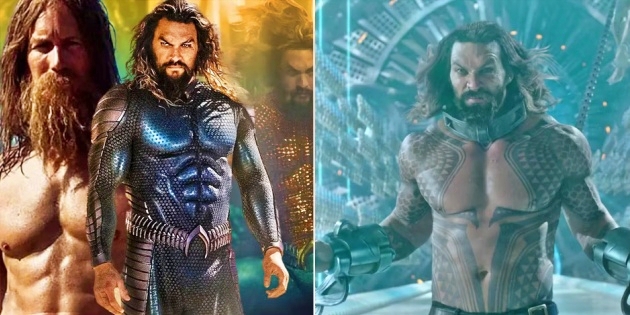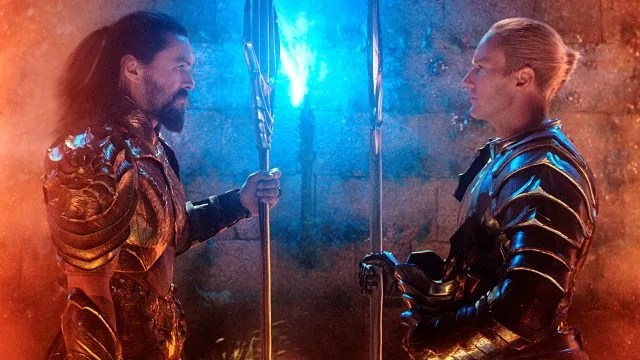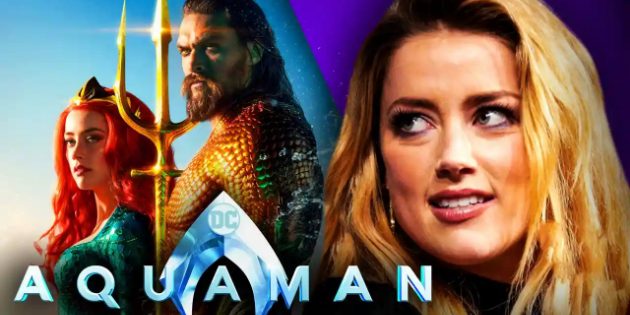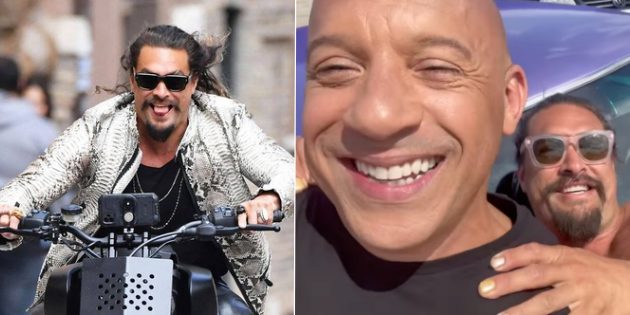James Gunn’s The Suicide Squad features four returning cast members from David Ayer’s suicide squad – but is it a sequel, reboot, or remake?
Despite its success, James Gunn’s The Suicide Squad never confirmed whether it was a sequel or remake of its DCEU predecessor. David Ayer’s Suicide Squad released in 2016, putting Will Smith, Margot Robbie, and Joel Kinnaman front-and-center in DC’s premiere antihero crossover event. However, Gunn changed several elements of the story for his 2021 follow-up, and a connection between the two similarly-named projects (or lack thereof) has never been confirmed. Now that Gunn and co-CEO Peter Safran are in the driver’s seats of DC Studios, these questions might soon be answered.
Back in March 2019, The Suicide Squad producer Peter Safran firmly described Gunn’s project as a “total reboot” of DC’s Suicide Squad team, most likely due to the criticisms thrown at its 2016 predecessor. Even so, The Suicide Squad was clearly not a “total reboot,” as the film features four returning characters from Ayer’s project, including Viola Davis as Amanda Waller, Kinnaman as Rick Flag, Robbie as Harley Quinn, and Jai Courtney as Captain Boomerang. The Suicide Squad distanced itself from the 2016 film to escape the scrutiny that a sequel would have come under, but this just left audiences confused.
How James Gunn’s The Suicide Squad Connects To 2016’s Suicide Squad
Both Suicide Squad and The Suicide Squad share a similar premise: a group of villains being brought together to battle an even bigger foe and try and do some good. However, The Suicide Squad is categorically not a remake or a true sequel. The film’s four returning characters were joined by a multitude of new antiheroes and villains, all being recruited for a very different mission, though it’s still Waller who’s doing the recruiting. The film’s high body count suggests that the film is standalone, but its ending implied that a sequel would be produced, and there have been hints at the two films being directly connected.
The relationship established between Harley Quinn, Rick Flag, and Captain Boomerang in The Suicide Squad implied that the trio were old friends, but never outright mentioned their last mission together in Suicide Squad. The film also contains an allusion to Harley Quinn’s break-up with Jared Leto’s Joker, cementing the idea that the films take place in the same universe. However, it’s possible that the two projects exist in adjacent realities, especially since 2023’s The Flash, Ezra Miller’s first solo project as Barry Allen, will establish the idea of the multiverse, changing timelines, and alternate versions of characters, shown with Ben Affleck and Michael Keaton returning as Bruce Wayne, a.k.a. Batman.
Following the mixed reception to 2017’s Justice League, and prior to the takeover of DC Studios by Gunn and Safran, the DCEU’s approach to continuity and a clear through-line became noticeably more relaxed. This became even more evident when completely standalone projects such as Todd Phillips’ Joker and Matt Reeves’ The Batman went into production. James Gunn’s new DC Universe plan is set to bring more continuity to the franchise, but for now, it seems that The Suicide Squad could be best described as a soft-reboot, even though it never really bothers to consider its place in the wider world of the DCEU – which was probably for the best.
Will Suicide Squad 3 Happen In James Gunn’s DC Universe?
Gunn announced his and Safran’s plans for the new DCU on January 31, 2023, and though only part of Chapter 1, titled “Gods and Monsters”, has been revealed, there has curiously been no word on Suicide Squad 3. Despite this, characters from Gunn’s The Suicide Squad are set to have bright futures in the new franchise. Waller will focus on Davis’ Amanda Waller, Peacemaker has been gifted a second season, and Creature Commandos, the animated series that will kick off the new DCU, shares a similar premise to DC’s Suicide Squad. Gunn’s The Suicide Squad acts as reassurance that the filmmaker can bring life back to the DC Universe.



